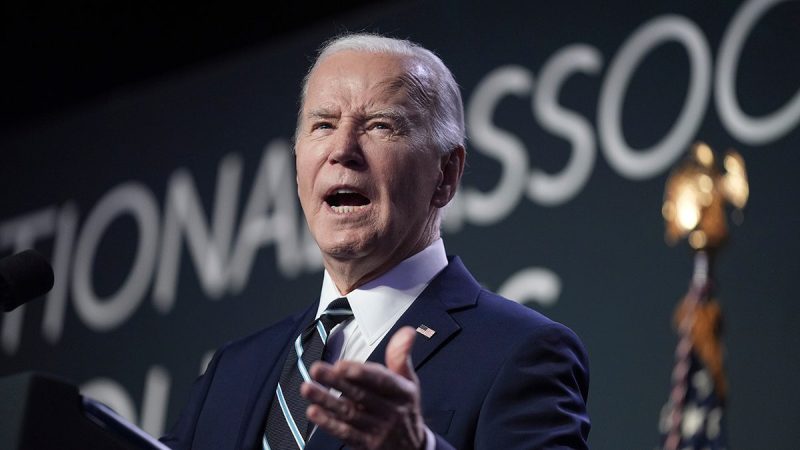Body:
1. Lack of Strategic Vision:
One of the key criticisms leveled against President Biden’s first-term foreign policy is the lack of a coherent and strategic vision. In a rapidly changing world where global challenges like climate change, cybersecurity, and pandemics are becoming increasingly significant, it is essential for a leader to have a clear vision and plan of action. However, experts argue that Biden’s foreign policy has been reactive rather than proactive, lacking a long-term strategy to address pressing global issues.
2. Failure to Reassure Allies:
Another major setback in President Biden’s foreign policy has been the failure to reassure traditional allies and establish strong diplomatic ties. The abrupt withdrawal of troops from Afghanistan without proper coordination with NATO allies not only left a power vacuum but also eroded trust and confidence in the United States. Moreover, the lack of a robust response to China’s assertiveness in the South China Sea and human rights violations has further onstrained relations with key allies in the Indo-Pacific region.
3. Inadequate Handling of International Crises:
President Biden’s first term has witnessed a series of international crises, ranging from the conflict between Israel and Palestine to the Russian aggression against Ukraine. However, the handling of these crises has been widely criticized. The administration’s response to the Israeli-Palestinian conflict was perceived as understated and lacked a clear strategy for achieving long-term peace. Similarly, the tepid response to Russia’s military aggression undermined deterrence and emboldened Moscow to continue its destabilizing actions.
4. Failure to Leverage Soft Power:
Soft power, which includes a country’s ability to influence others through values, culture, and diplomatic prowess rather than coercion or military might, is a crucial component of effective foreign policy. However, President Biden’s first term has seen a decline in the United States’ ability to leverage soft power. The lack of a strong and coherent narrative to counter the rise of authoritarianism globally, coupled with the perceived uneven application of democratic principles domestically, has diminished America’s ability to lead by example and attract support from the international community.
5. Neglecting Emerging Global Challenges:
President Biden came into office promising to prioritize tackling global challenges such as climate change and pandemic response. However, experts argue that his administration has fallen short in adequately addressing these issues. Despite rejoining the Paris Climate Agreement and taking steps to reestablish the United States as a leader in climate action, the lack of substantial progress in terms of policy and implementation has garnered criticism. Similarly, the global response to the COVID-19 pandemic has been marred by vaccine distribution inequalities and a lack of coordinated efforts on a global scale.
6. Conclusion:
President Biden’s first-term foreign policy has been met with widespread criticism for various reasons. A lack of strategic vision, failure to reassure allies, inadequate handling of international crises, failure to leverage soft power effectively, and neglecting emerging global challenges have all contributed to this perception. While it is too early to make definitive judgments, it is crucial for the administration to take these criticisms into account and recalibrate its approach towards foreign policy in order to effectively navigate the complex and ever-evolving global landscape. Only through a comprehensive and strategic approach can the United States regain its position as a global leader and address the pressing challenges of our time.

